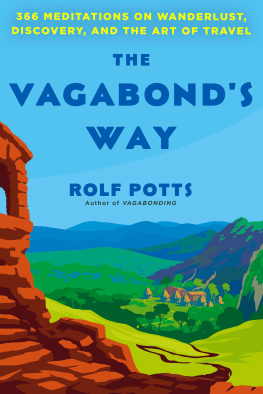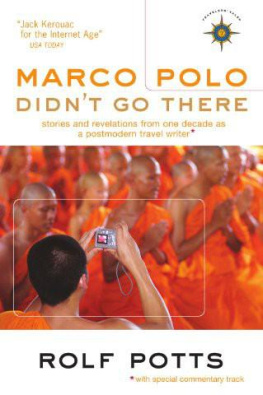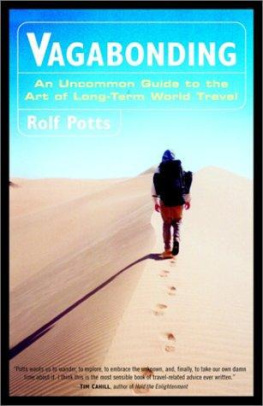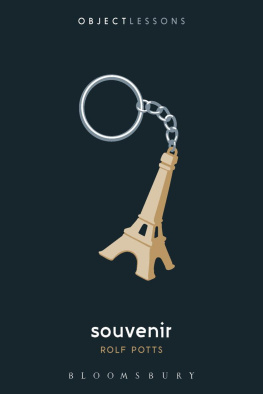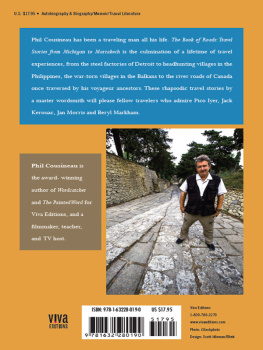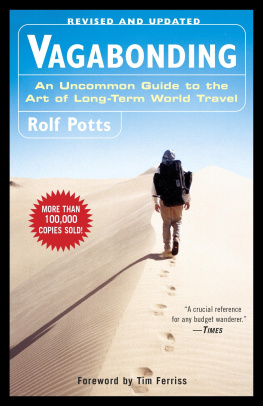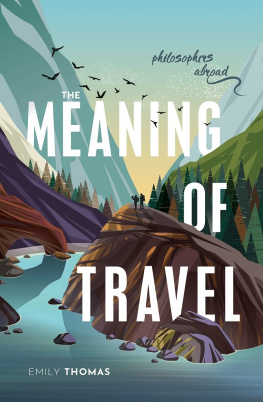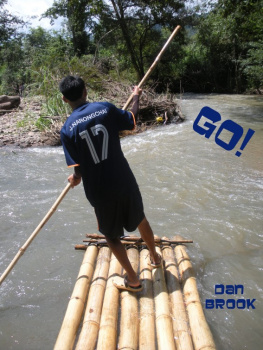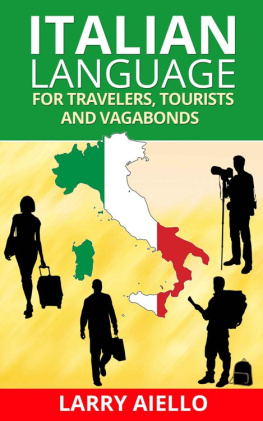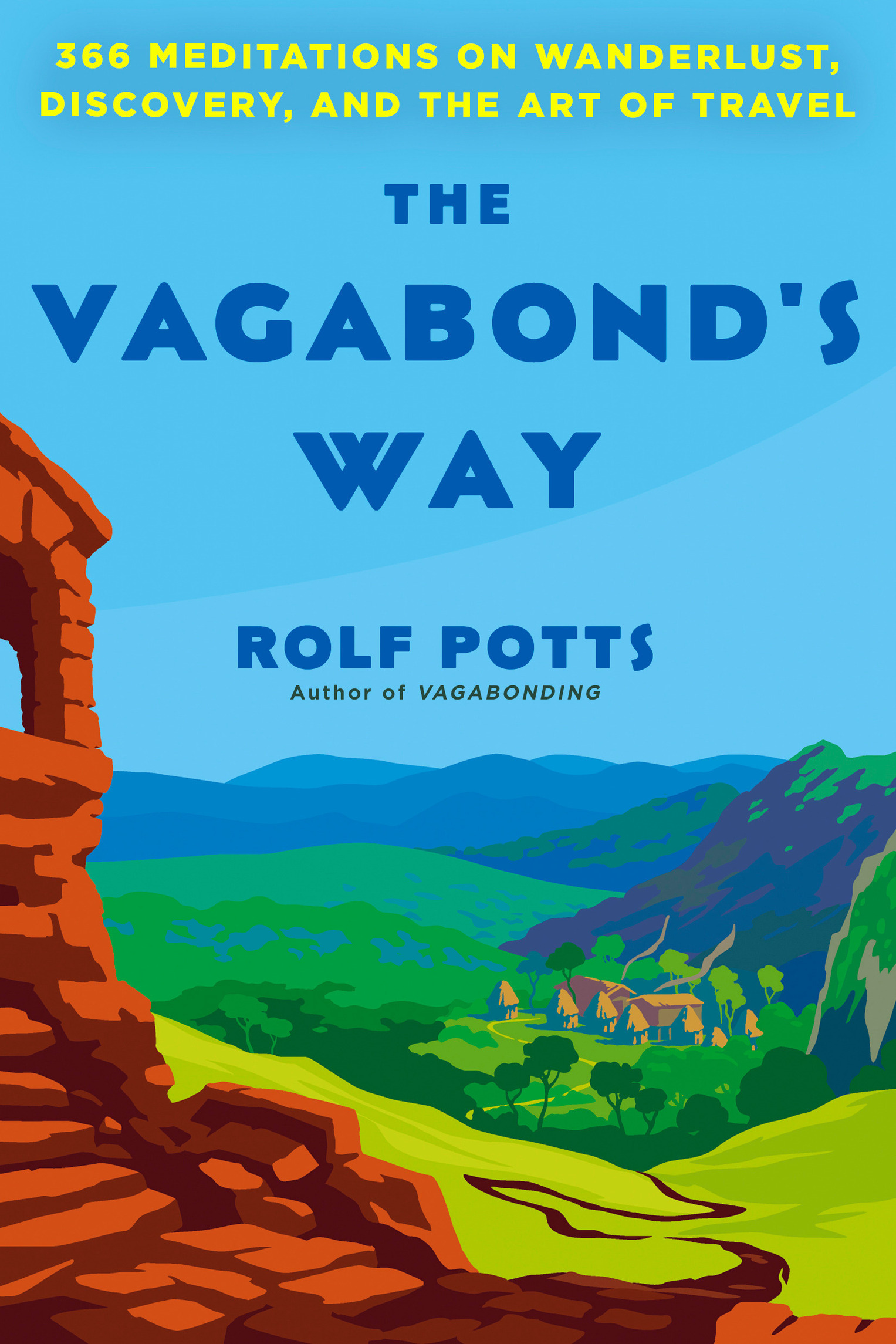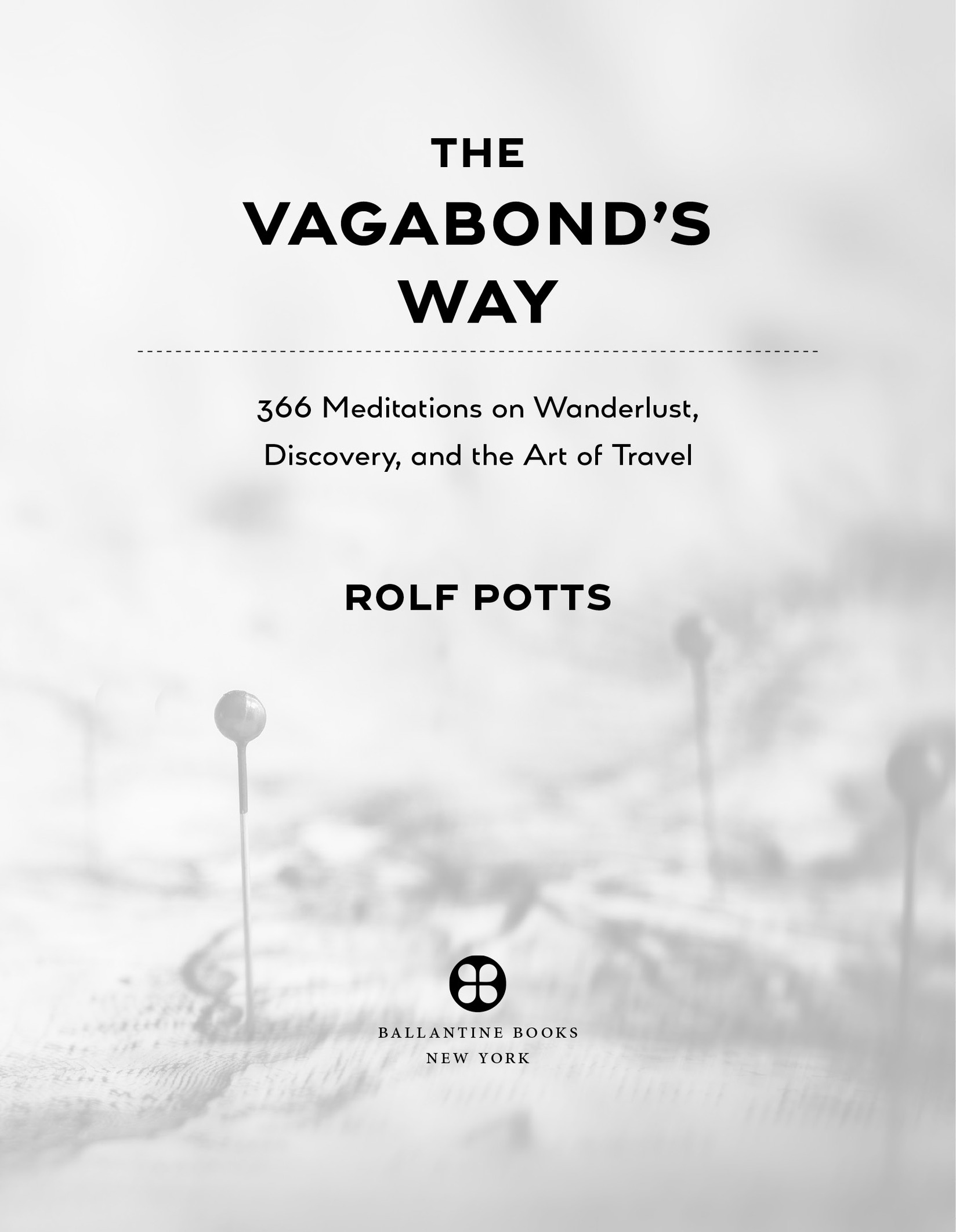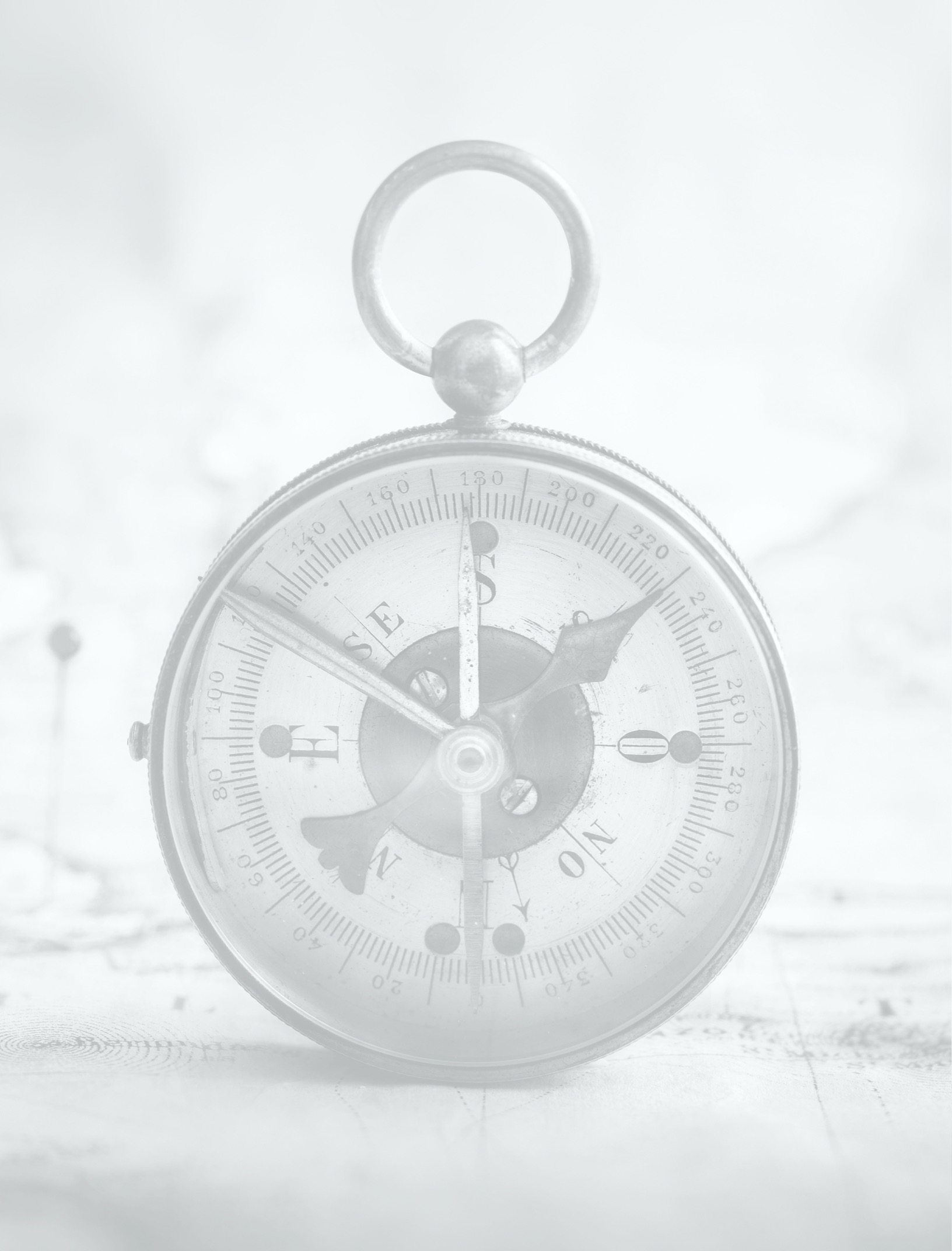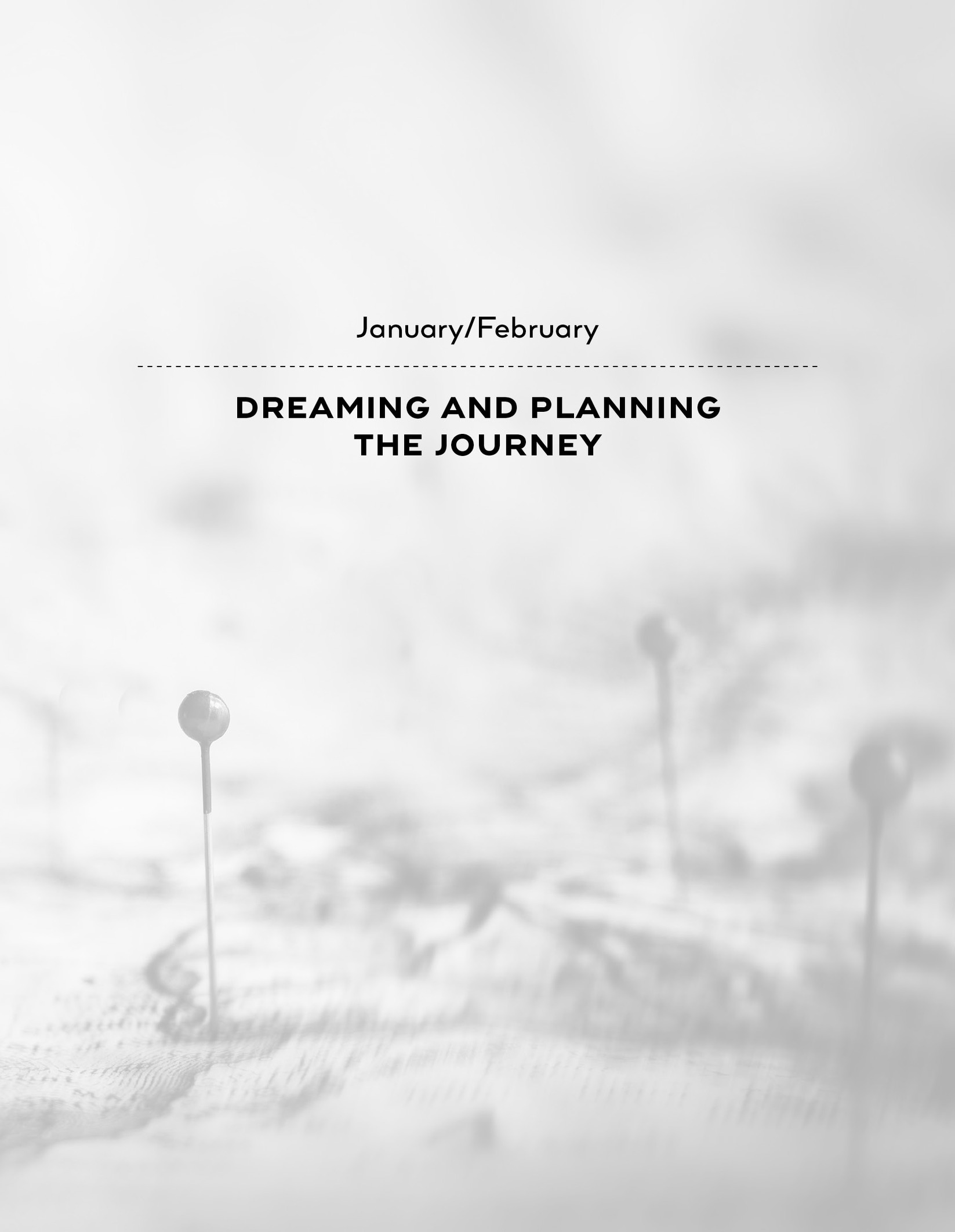Rolf Potts - The Vagabonds Way: 366 Meditations on Wanderlust, Discovery, and the Art of Travel
Here you can read online Rolf Potts - The Vagabonds Way: 366 Meditations on Wanderlust, Discovery, and the Art of Travel full text of the book (entire story) in english for free. Download pdf and epub, get meaning, cover and reviews about this ebook. year: 2022, publisher: Random House Publishing Group, genre: Romance novel. Description of the work, (preface) as well as reviews are available. Best literature library LitArk.com created for fans of good reading and offers a wide selection of genres:
Romance novel
Science fiction
Adventure
Detective
Science
History
Home and family
Prose
Art
Politics
Computer
Non-fiction
Religion
Business
Children
Humor
Choose a favorite category and find really read worthwhile books. Enjoy immersion in the world of imagination, feel the emotions of the characters or learn something new for yourself, make an fascinating discovery.
- Book:The Vagabonds Way: 366 Meditations on Wanderlust, Discovery, and the Art of Travel
- Author:
- Publisher:Random House Publishing Group
- Genre:
- Year:2022
- Rating:4 / 5
- Favourites:Add to favourites
- Your mark:
The Vagabonds Way: 366 Meditations on Wanderlust, Discovery, and the Art of Travel: summary, description and annotation
We offer to read an annotation, description, summary or preface (depends on what the author of the book "The Vagabonds Way: 366 Meditations on Wanderlust, Discovery, and the Art of Travel" wrote himself). If you haven't found the necessary information about the book — write in the comments, we will try to find it.
For readers who dream of travel, yearn to get back out on the road, or want to enrich a journey theyre currently on, The Vagabonds Way explores and celebrates the life-altering essence of travel. Each day of the year features a one-page meditation on an aspect of the journey, anchored by words of wisdom from a variety of thinkersfrom Stoic philosopher Seneca and poet Maya Angelou to Trappist monk Thomas Merton and Grover from Sesame Street.
Iconoclastic travel writer and scholar Rolf Potts embraces the ragged-edged, harder-to-quantify aspects of travel that inevitably change travelers lives for the better in unexpected ways. The books various sections mirror the phases of a trip, including
dreaming and planning the journey: All life-affecting journeysand the unexpected wonders they promisebecome real the moment you decide they will happen.
embracing the rhythms of the journey: The most poignant experiences on the road occur in those quiet moments when we recognize beauty in the ordinary.
finding richer travel experiences: Developing an instinct to venture beyond the obvious on the road allows you to see places as mysteries to be investigated.
expanding your comfort zone: No moment of instant gratification can compare to savoring an experience that has been earned by enduring the adversity that comes with it.
The Vagabonds Way encourages you to sustain the mindset of a journey, even when you arent able to travel, and affirms that travel is as much a way of being as it is an act of movement.
Rolf Potts: author's other books
Who wrote The Vagabonds Way: 366 Meditations on Wanderlust, Discovery, and the Art of Travel? Find out the surname, the name of the author of the book and a list of all author's works by series.

